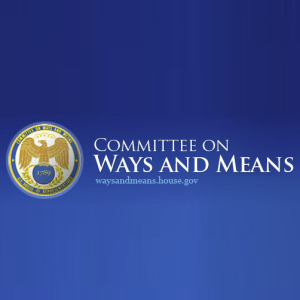Testimony: Health IT should be used to improve patient health status
by
Astrid Fiano, DOTmed News Writer | August 06, 2010

The idea that technology should make patients' experience better and improve their actual health status was among the testimonies presented at a recent Committee on Ways and Means hearing, focused on promoting health information technology. Promotion is done primarily through financial incentives that encourage meaningful use of electronic health records (EHRs).
The hearings, held as the Centers for Medicare and Medicaid Services released its new rules defining meaningful use, discussed the adoption and use of health IT.
The witnesses included governmental representatives Dr. David Blumenthal, National Coordinator for Health IT; and Tony Trenkle, director of the Office of E-Health Standards and Services for CMS. Both discussed the benefits of the technology and explained the background of the HITECH Act, the meaningful use regulations, and how CMS would implement the EHR incentive programs.
Other witnesses testified from the standpoint of consumers and institutional users of health IT. DOTmed News spoke with two of those witnesses.
The Consumer Perspective
Christine Bechtel, vice president of the National Partnership for Women & Families, spoke with DOTmed about her testimony. Bechtel is also a member of the Health IT policy committee, the federal advisory committee that makes recommendations to the national coordinator for Health IT. In her testimony, Bechtel said that the discussion about HIT and meaningful use should be about how the changes can create a true patient-centered system.
Bechtel said patients want their doctors to talk to each other; to know that all the members of their care team have the information and support to do the best job they can; information that helps them better understand their conditions and care effectively for themselves and their family members; and a health care provider "who really knows them enough to recommend treatments that make sense based on their unique needs, preferences and life circumstances."
Bechtel told DOTmed that from the consumer perspective, the most important issue for the committee was to understand "...that as we create the incentive program and the public policies, we should not start thinking about what technology is and what technology can do today. Rather, for patients, we should think about the outcomes we are trying to achieve, and how we are trying to improve the care patients receive on a daily basis. That takes us to a different place.... So it was important to me that the committee really heard loud and clear that this isn't about technology--technology is the enabler here--but that we start from a place of how we can improve the health of patients, their functional status and their experience in the health care system. That is the place from which the technology functions and features uses should really be derived."
